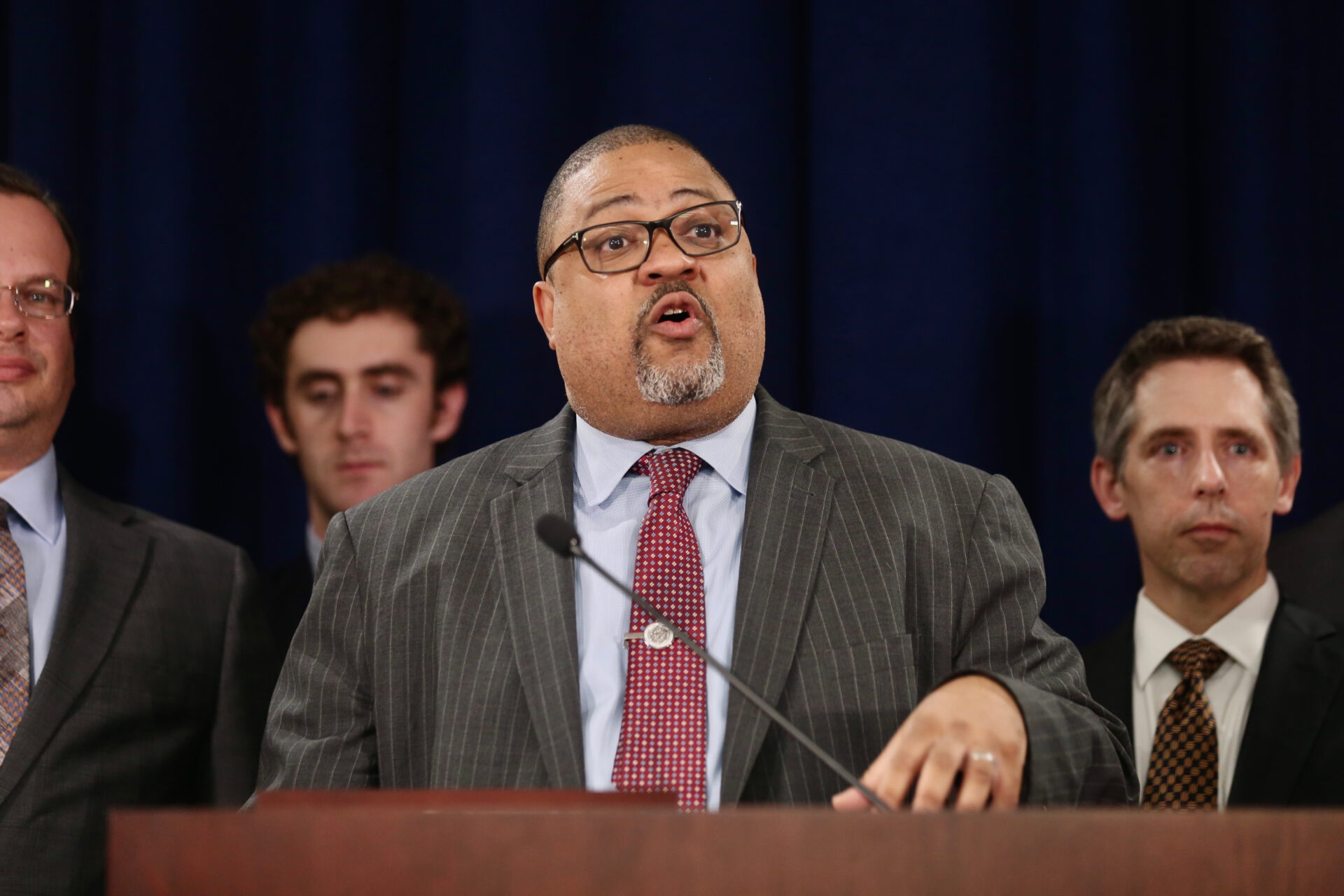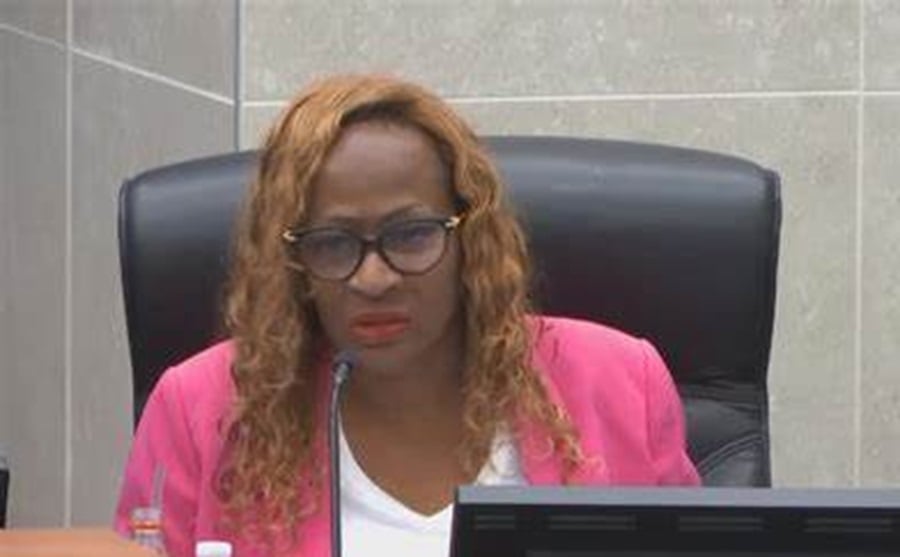The FCC is taking a firm stance against Telnyx, a Chicago-based voice service provider, proposing a hefty fine of $4,492,500. This comes in response to allegations that Telnyx violated “Know Your Customer” rules by enabling a robocall scam. The scam backfired spectacularly when robocallers, posing as FCC officials, inadvertently targeted actual FCC employees.
According to reports, these fraudsters intended to intimidate and defraud unsuspecting victims. Unfortunately for them, their scheme unraveled when they mistakenly targeted real FCC staff members and their families. This incident has prompted the FCC to act decisively against Telnyx, who is alleged to have facilitated these illegal calls.
Telnyx, known for providing voice services and APIs, is accused of failing to properly verify the identities of its customers. This negligence allegedly allowed the robocallers to execute their scam. The FCC claims these calls were made using artificial voices that impersonated the “FCC Fraud Prevention Team.”
Victims of the scam were instructed to press keys to connect with a representative or schedule a callback. The FCC clarified that there is no such team within the agency. One victim reported being asked to pay $1,000 in Google gift cards to avoid jail time for alleged crimes.
The robocall operation was executed by two Telnyx customers under the pseudonyms Christian Mitchell and Henry Walker. These individuals, referred to as “MarioCop accounts,” used fake identities and paid with Bitcoin for Telnyx’s services. According to FCC records, one account placed over 1,000 calls in a single day.
The FCC alleges Telnyx failed to verify the legitimacy of the information provided by these customers. This included physical addresses in Canada and IP addresses from Scotland and England. The agency criticized Telnyx for accepting this information at face value without further verification.
Telnyx CEO David Casem expressed shock at the FCC’s decision to propose such a significant fine. He defended the company, asserting that Telnyx has exceeded the FCC’s requirements for KYC and customer due diligence. Casem argued that the FCC has never demanded absolute perfection in preventing illegal calls.
Casem emphasized that Telnyx acted swiftly to block the unlawful activity once it was detected. He maintained that the company did everything within its power to comply with regulations. Despite the FCC’s allegations, Casem stands firm in his belief that Telnyx followed all necessary protocols.



